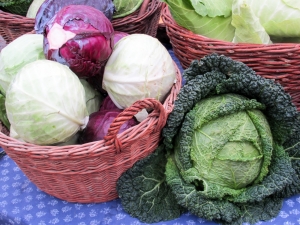By NOEL MURPHY
GEELONG’S economy is sitting poised for a new manufacturing boom in farming and intensive agriculture operations, according to City Hall’s new Enterprise Geelong.
Russell Coad, a board member of the new body charged with driving the city’s economic development, said more than a third of the region’s manufacturing sector, 37 per cent, was already employed in agri-business.
Mr Coad said the sector’s revenue was now $2.7 billion a year and growing.
Wagyu beef farming, new research and education facilities, intensive agriculture precincts and targeted trade missions and a ready labour force would help drive the growth, he said.
Existing large-scale agriculture enterprises in the region, including piggeries, poultry, grain, food processing, seafood, dairy and nurseries, employ 10,000 people.
Mr Coad backed a growing clamour to capitalise on the region’s agri-business potential as traditional high-profile manufacturers declined.
“Domestic demand is good and producers shouldn’t be scared of export opportunities, even if it’s only to a small part market for a short period of time each year.
“I think people get a bit frightened but trade missions by the State Government have proven very successful in helping do this.”
Geelong produce king Frank Costa earlier this year said clean, green exports to domestic markets and Asia could be a boom industry for the region.
He suggested assistance packages to the auto industry would have been better spent on horticulture, echoing industry anxiety about issues such as research and assistance cuts, ageing farmers, a lack of newcomers to the industry and high business costs.
Deakin University research fellow Rachel Carey said Geelong’s proximity to Melbourne and other regional cities was ideal for growing local markets and trialing new ways for producers to sell direct to businesses and consumers.
“We tend to think about opportunities for agriculture in terms of growing export markets but there are opportunities for regional cities like Geelong to also respond to the increasing demand for high quality, locally grown food by growing their local markets,” she said.
“Growing local markets alongside export markets creates a more diverse and resilient economy and provides additional opportunities for small-medium scale farms and food businesses.
“New types of policy initiatives are needed to help regional centres to grow their local food markets, such as funding for food hubs and farmer co-operatives, infrastructure to support small-medium scale food processing and legislation to protect high quality agricultural land on the fringe of regional cities like Geelong.”
A 4000-hectare agri-business precinct recently announced for Lethbridge is tipped to generate 800 jobs, $160 million in investment and a $500 million boost in gross value over the next 10 years.









